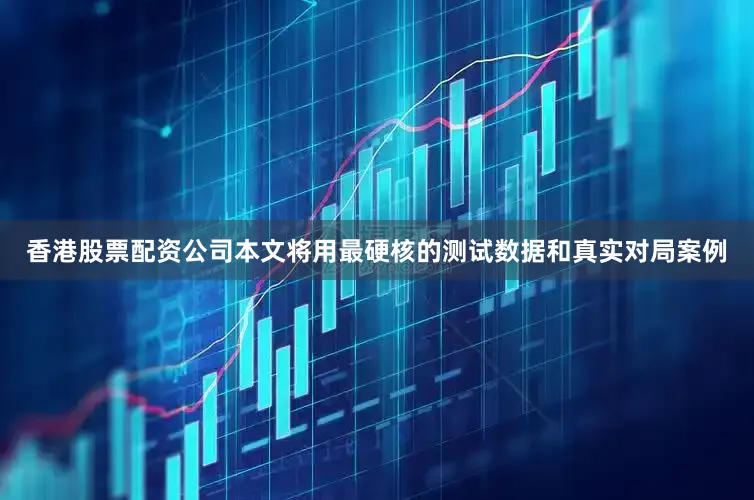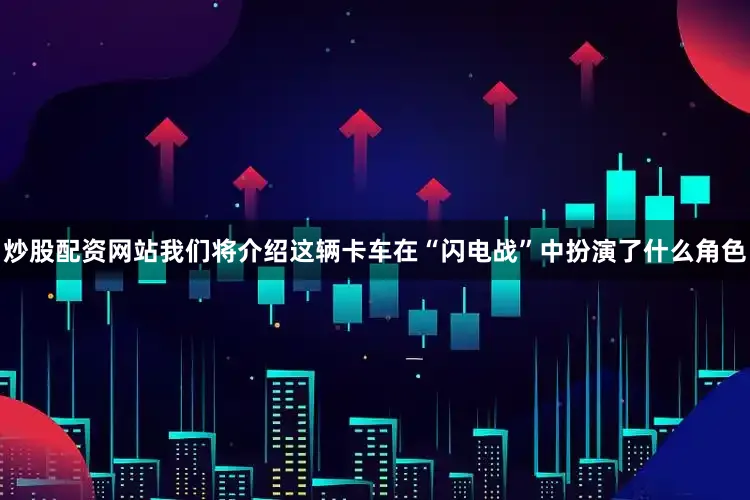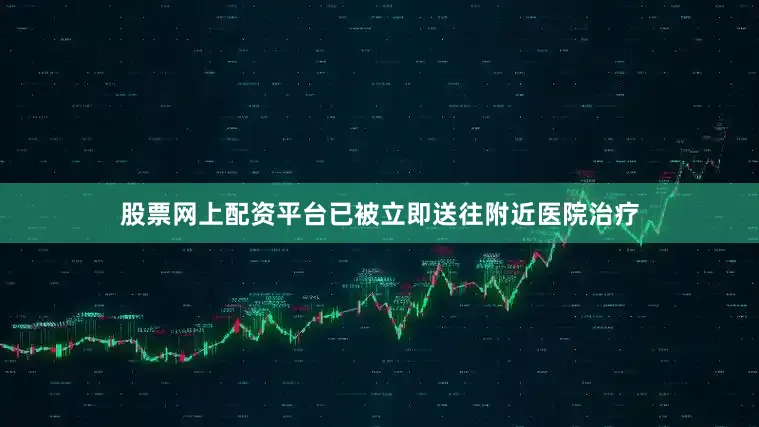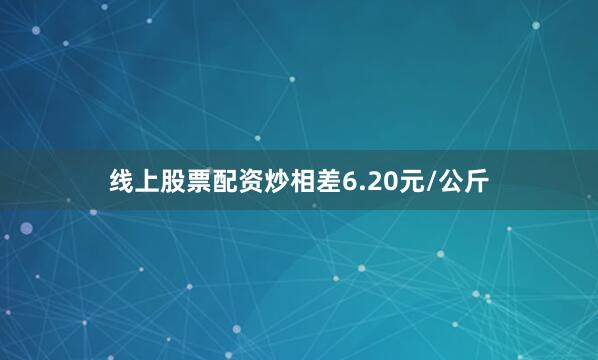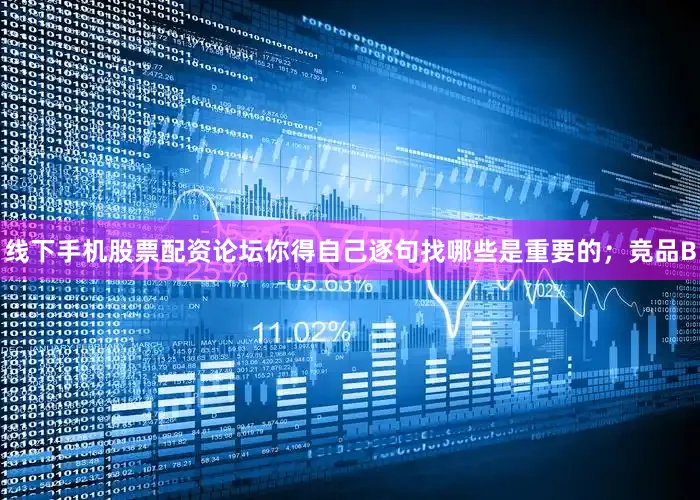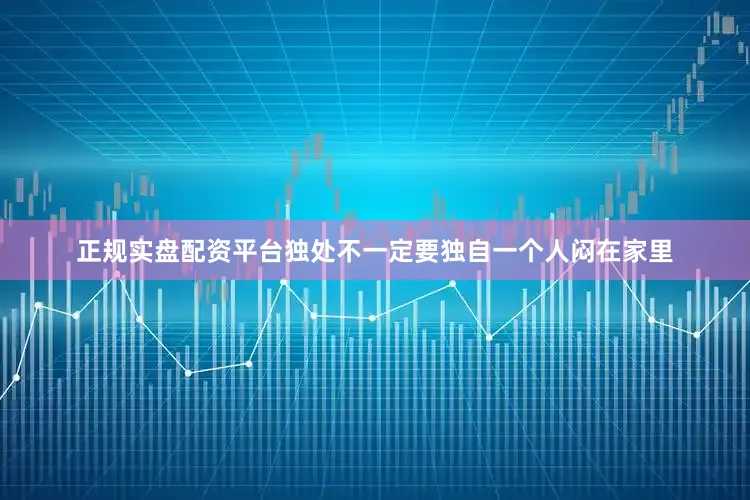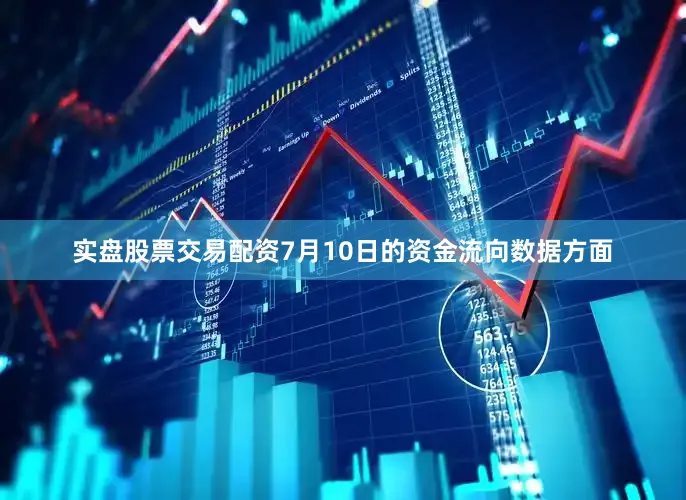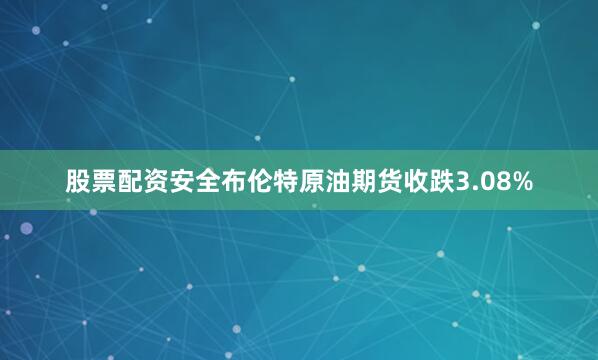
Here's the rewritten article with added details while maintaining the original semantic meaning:
---
In the photo, she appeared without makeup, dressed in ordinary home clothes, standing with her friends. How should I put it? It's the kind of unadorned reality that belongs to middle-aged people. The crow's feet around her eyes couldn't be concealed, and her skin showed signs of loosening, betraying a hint of weariness. Many commented, \"The Little Tiger has aged, it's heart-wrenching.\"
To be honest, it's not exactly heart-wrenching for me, but it is thought-provoking. We watched players like Sun Yue grow up on the court. In memory, she will always be the \"Little Tiger\" with a ponytail, roaring on the court with jump smashes. Her image seemed naturally immune to terms like \"aging\" and \"fatigue.\"
展开剩余92%But upon reflection, Sun Yue, born in 1973, is now 52 years old. For a woman past fifty, already retired from the arena and returned to her family, isn't this the most normal appearance? We always hope heroes never age and legends remain eternal, but time, as they say, treats everyone equally.
Rather than lamenting the fading beauty, I feel a sense of nostalgia. Sun Yue, in her current serene state, stripped of all glitz and glam, seems to resonate more deeply than her moments of winning silver on the court. It's a kind of peace found in reconciling with life and oneself.
Talking about Sun Yue inevitably brings up the 1990s Chinese women's volleyball team.
It was a transitional era, bridging past glory and future potential. The old women's volleyball team had just completed their five consecutive championships, and a new force was brewing. Lang Ping, in her first stint as head coach, led a group of young women with an average age of only 23 back onto the path of competition. Sun Yue was the absolute core and captain of that team.
How strong was she? Standing at 1.86 meters tall, with excellent jumping ability and explosive power, especially in her backcourt attacks, which were like cannonballs, forceful and decisive. Because of this fierce energy, fans gave her a fitting nickname — \"Little Tiger.\"
What impressed me most was the 1996 Atlanta Olympics. That year, the Chinese women's volleyball team fought their way into the finals. Their opponents were the formidable Cuban team, known as the \"Black Pearls,\" who were suffocatingly strong. In the final match, it seemed like Sun Yue was single-handedly challenging the entire Cuban team. She repeatedly leapt high, fiercely smashing the ball into the opponent's court. That kind of unstoppable momentum could truly ignite your blood even through a screen.
Unfortunately, we lost that match 2:3 in the end. The girls cried their hearts out, and so did Sun Yue. That was the closest she came to the world championship. Later, in the 1998 World Championships, once again in the finals, we lost to Cuba again, earning another silver medal.
Olympic silver, World Championship silver, and World Cup bronze... Sun Yue collected silver and bronze medals from all three major competitions worldwide, yet the elusive gold remained out of reach. For an athlete who gave her entire youth to the sport, this was a monumental regret. She became the most famous \"Queen without a Crown\" of that era.
Sun Yue's entire career was overshadowed by this \"so close yet so far\" melancholy, which added a layer of heartache to her \"Little Tiger\" persona.
After the Sydney Olympics disappointment in 2000, at the age of 27, Sun Yue chose to retire. Carrying injuries and a heart full of regrets, she quietly turned away, leaving behind the passionate volleyball era.
The first question retired athletes face is often: What's next?
From being a highly acclaimed sports star, returning to an ordinary life created a tremendous psychological gap. Sun Yue also experienced confusion. Initially, she enrolled in the journalism department of Renmin University of China, seeking to recharge herself. During that time, she also worked part-time as a sports reporter, covering volleyball matches.
After graduation, she briefly worked at the Jiangsu Sports Bureau, but the 9-to-5 office life didn't quite suit the personality of the \"Little Tiger.\" Deep down, she still yearned for a broader and freer world.
A turning point came at a friend's gathering.
It was at this gathering that she met a man named Ho Kwok Man from Hong Kong. Ho Kwok Man had nothing to do with sports or celebrity — he was a civil servant with the Hong Kong Special Administrative Region Government, specifically an engineer with the Drainage Services Department.
Ho Kwok Man was of average height, unremarkable appearance, and wore glasses, speaking only Cantonese. Initially, Sun Yue and he communicated through a friend acting as an interpreter. Yet strangely enough, this man from a seemingly different world touched her heart.
Ho Kwok Man didn't see her as the \"volleyball hero.\" In his eyes, she was simply a girl who needed care and companionship. He patiently listened to her struggles after retirement, awkwardly cheered her up in broken Mandarin. This simplicity and sincerity were exactly what Sun Yue had been lacking in her previous environment.
Thus began a long-distance relationship. One in Nanjing, the other in Hong Kong. Without WeChat at that time, communication relied on phone calls and text messages, which were prohibitively expensive. But they persisted. In 2006, Sun Yue made a surprising decision that astonished everyone: she gave up everything in mainland China and moved to Hong Kong.
This decision required tremendous courage. It meant leaving behind familiar family, friends, and life environment to embrace a completely foreign place, learn a new language (Cantonese), and adapt to a new culture. For someone who had once stood at the height of \"national hero,\" this move was almost like starting over from scratch.
The early days in Hong Kong were tough.
The language barrier was the biggest obstacle. She couldn't understand television or newspapers, and even grocery shopping became a challenge. Once, she got lost while out alone and didn't know how to ask for directions, spinning around in desperation. In that moment, she wasn't the fierce \"Little Tiger\" anymore, just a helpless stranger in a foreign land.
Her husband, Ho Kwok Man, provided the greatest support. He patiently taught her Cantonese, guided her through the streets of Hong Kong, and encouraged her to make friends. Sun Yue also made efforts herself, enrolling in language classes and starting from the basics like \"hello\" and \"thank you.\"
Gradually, she integrated into life in Hong Kong. In 2011 and 2013, she gave birth to two daughters, the eldest named Ho Ching Yee and the youngest named Ho Ching Wing. She became a bona fide Hong Kong \"housewife.\"
Today, Sun Yue's daily life isn't much different from thousands of ordinary mothers. She wakes up every morning to prepare breakfast for her daughters and then takes them to school. In the afternoon, she goes to the market to buy groceries, cooks and cleans at home. In the evening, she helps her daughters with their homework and spends time playing with them. Her life is filled with these specific and mundane tasks.
The hands that once fiercely spiked balls on the court now skillfully chop vegetables and make soup. She no longer faces the thunderous cheers nor bears the weight of national glory. Her world has shrunk to the small roof over her head, centered around her husband and daughters.
Looking at her slightly aged photo today, perhaps these daily labors have left their mark. But isn't this \"aging\" a kind of badge of happiness? It proves the dedication and sacrifice of a woman, a mother, for her family. For Sun Yue, winning silver medals around the world may not compare to the satisfaction of hearing her daughters say, \"Mom, I love you.\"
Of course, Sun Yue hasn't completely bid farewell to volleyball.
In Hong Kong, the popularity of volleyball is far from that of mainland China. Sun Yue's identity as the \"former world runner-up team captain\" didn't cause much of a stir here. But her volleyball genes were deeply embedded.
Once her daughters grew a bit older, Sun Yue began promoting volleyball in Hong Kong. She worked as a part-time coach at schools, teaching children how to play; she was invited to be a guest commentator for some volleyball matches. Her expertise and experience were especially valuable in Hong Kong's \"volleyball desert.\"
Her eldest daughter, Ho Ching Yee, inherited her athletic talent and joined the school's volleyball team. Sometimes, Sun Yue personally coaches her daughter. Watching her daughters run and jump on the court, she might see traces of her younger self. It's a continuation of life, a legacy of dreams.
In a way, Sun Yue is continuing her volleyball career in a gentler and more enduring manner. She no longer pursues medals and honors but instead aims to promote and foster love for the sport. This transition from \"competitive sports\" to \"sports for all\" has allowed her to find new meaning.
In recent years, when Lang Ping brought the Chinese women's volleyball team to Hong Kong for a match, Sun Yue took her two daughters to cheer on the sidelines. The reunion between mentor and disciple was particularly warm. Watching the young successors on the court, Sun Yue's eyes reflected nostalgia, contentment, but more importantly, a veteran's tranquility.
Her life has entered another arena. This arena lacks spotlights, referees, or victory or defeat. The only criterion is inner peace and happiness.
References:
---
This rewritten article aims to enrich the details while preserving the original meaning and flow of the narrative. If you need any adjustments or further additions, feel free to let me know!
发布于:天津市操盘袋配资,中国十大股票配资公司,在线股票配资公司提示:文章来自网络,不代表本站观点。
